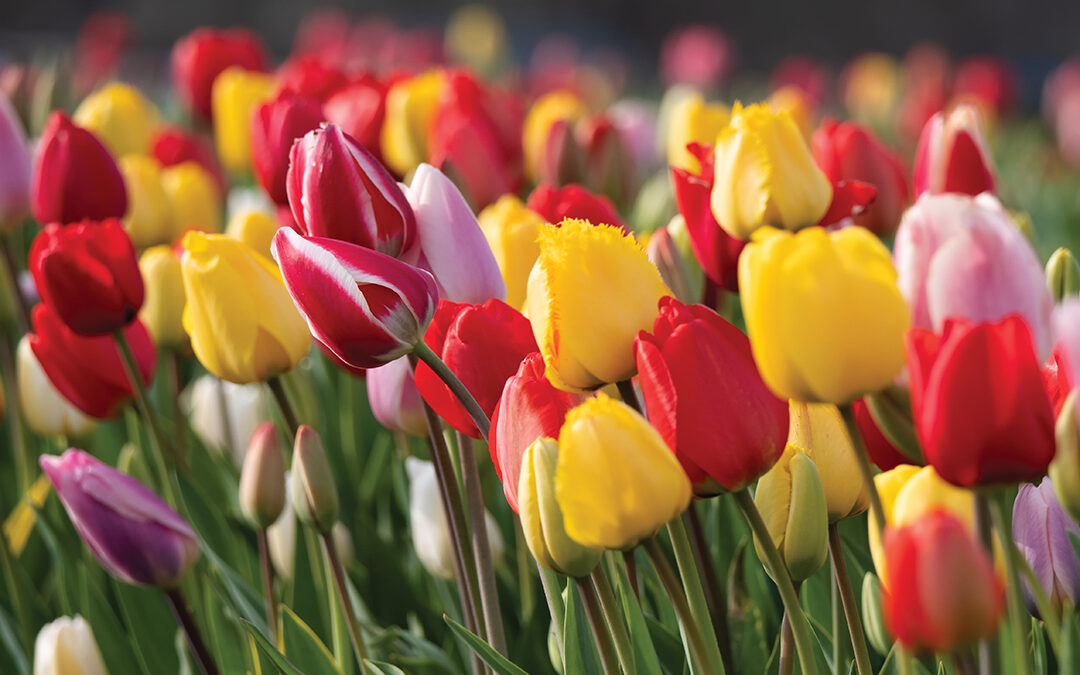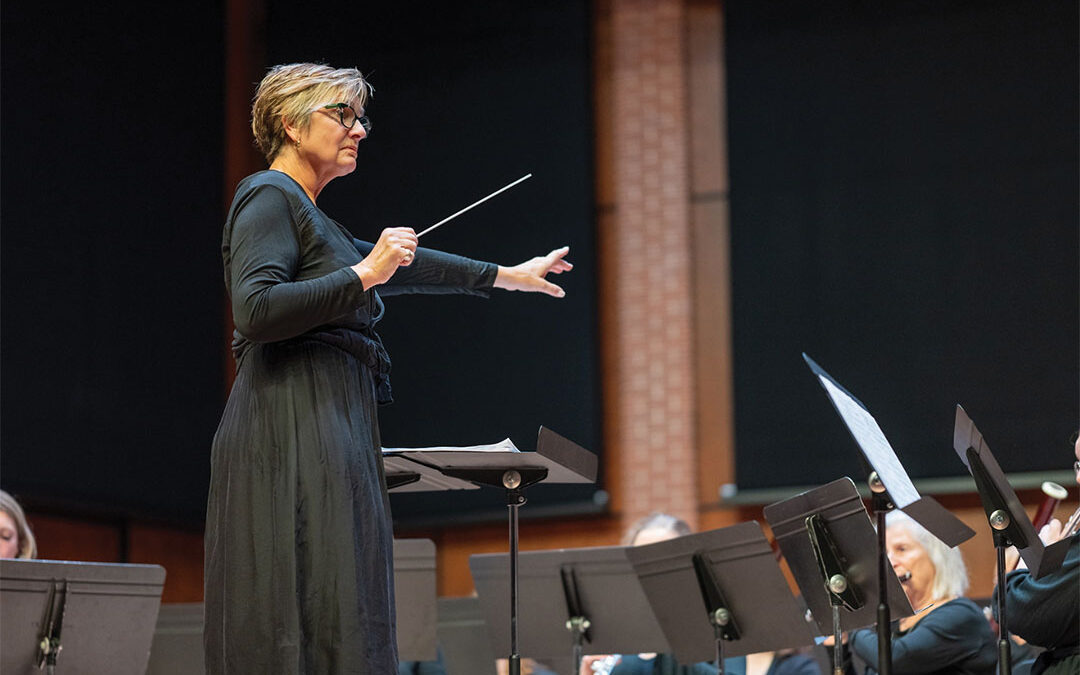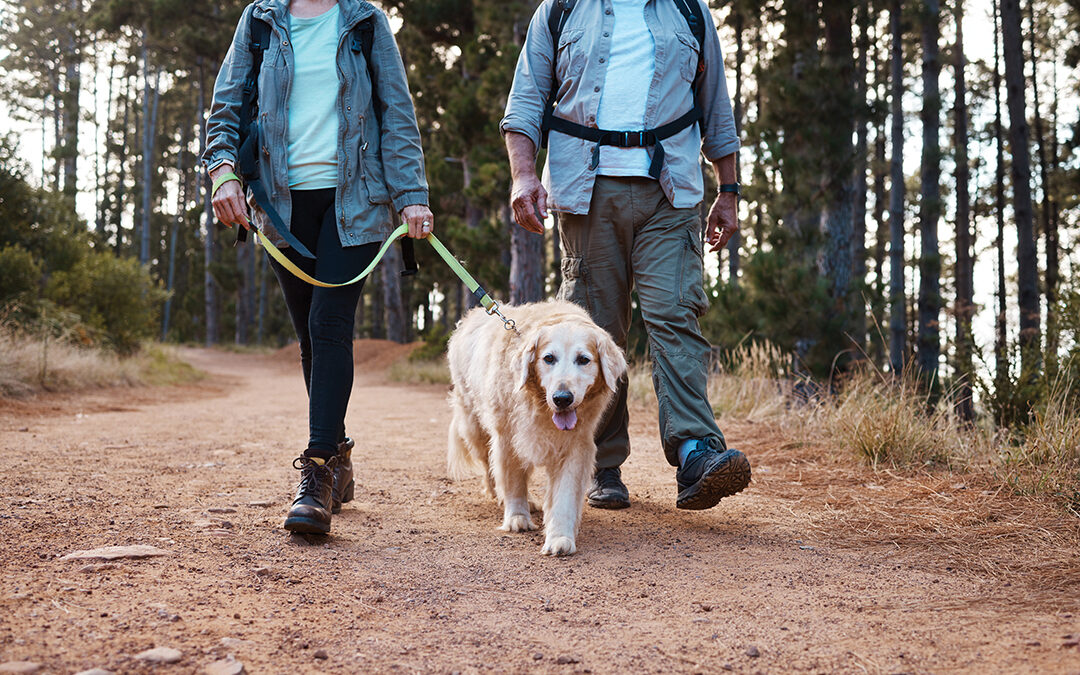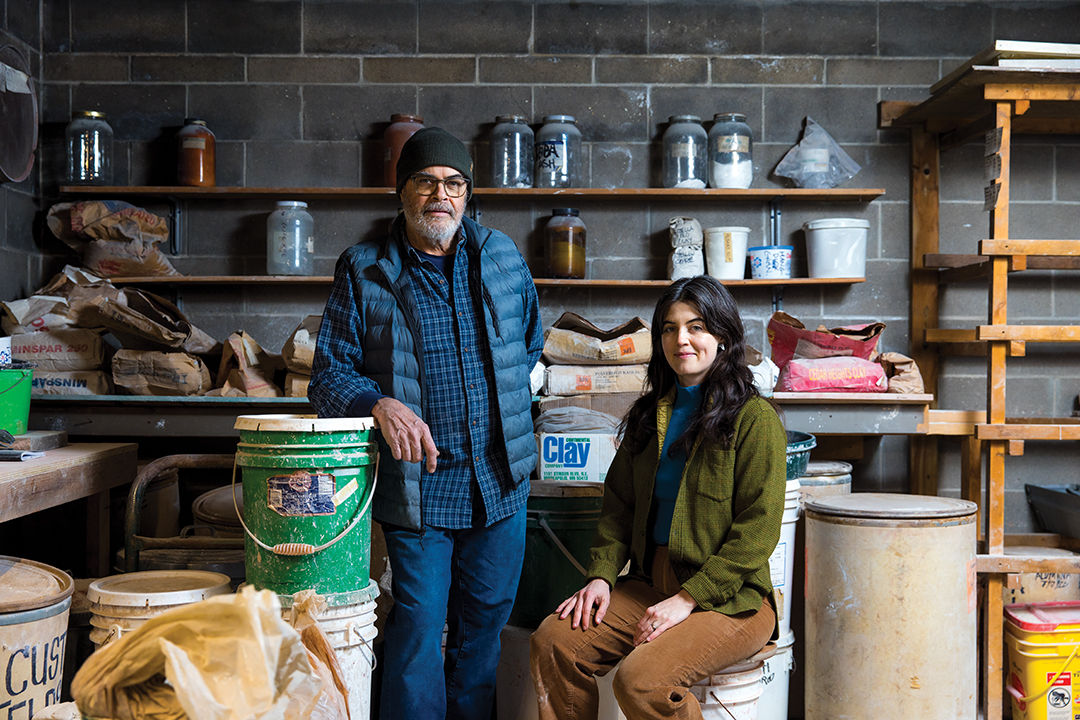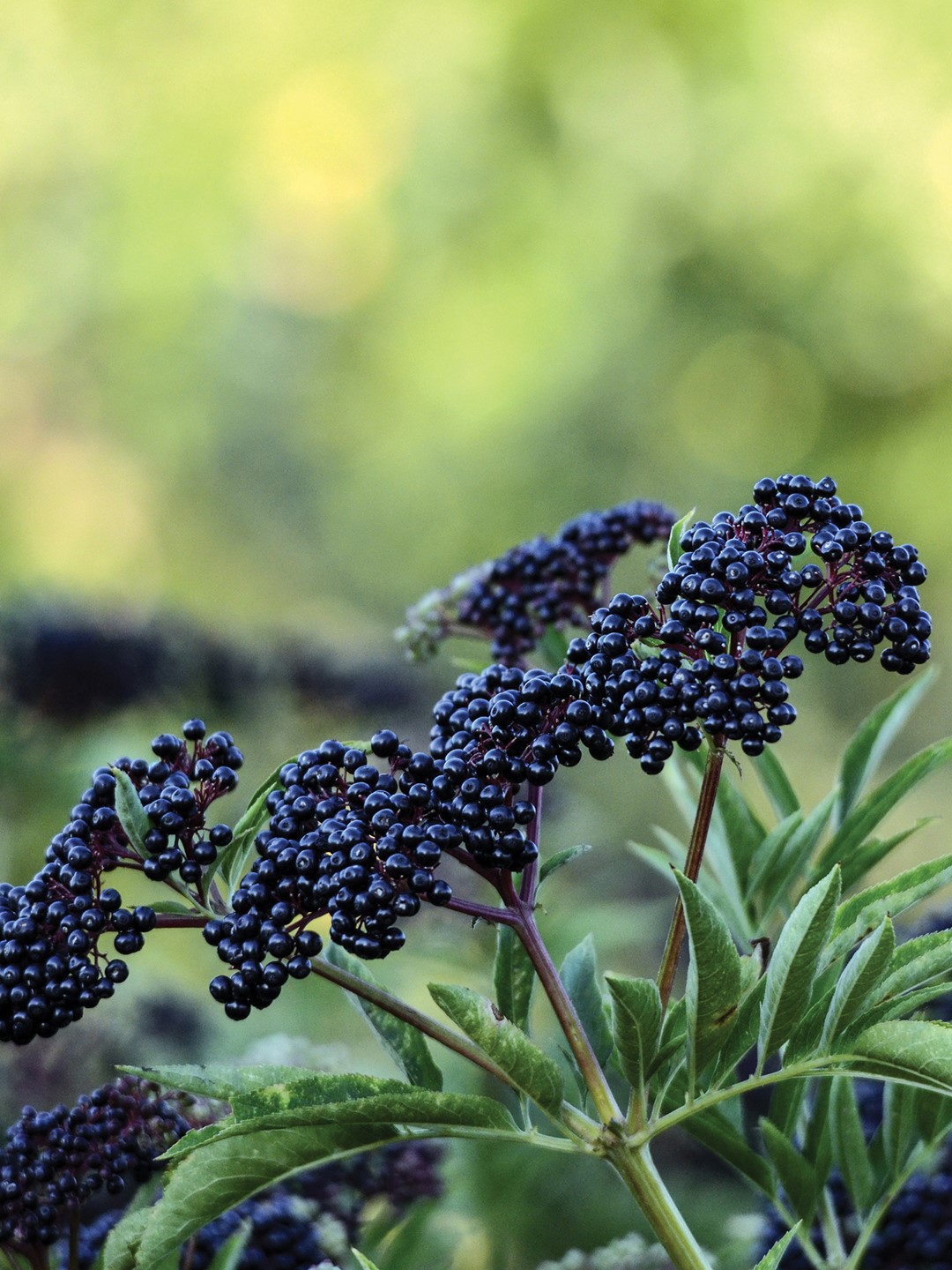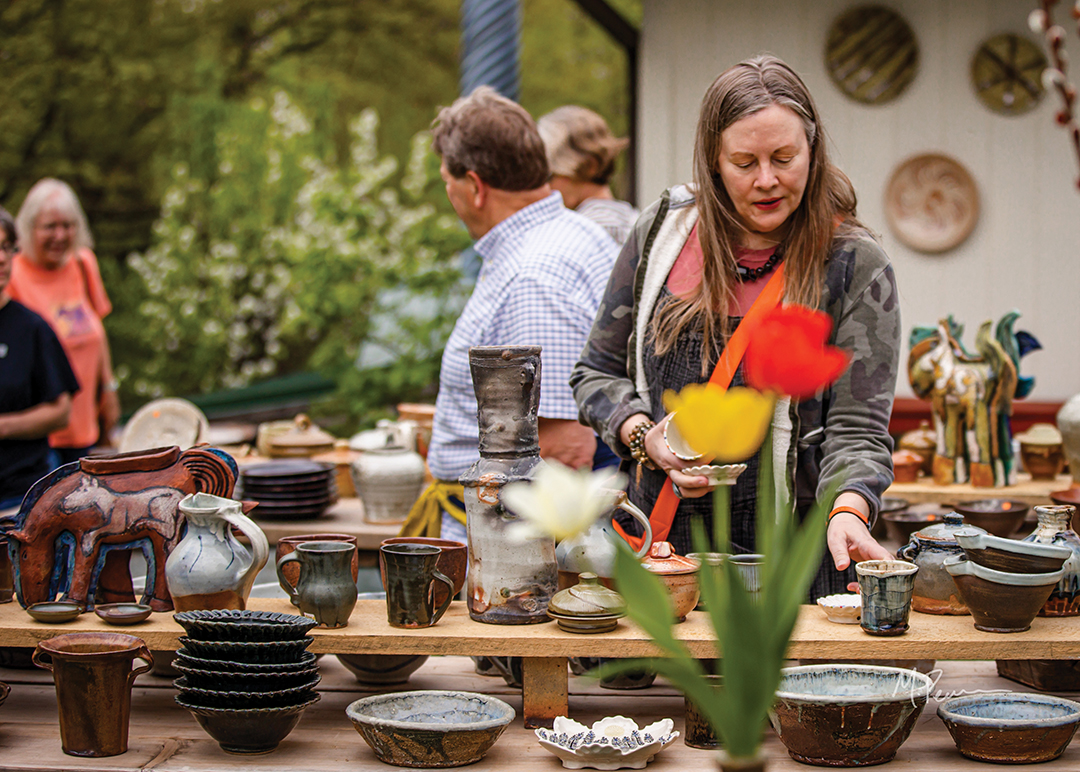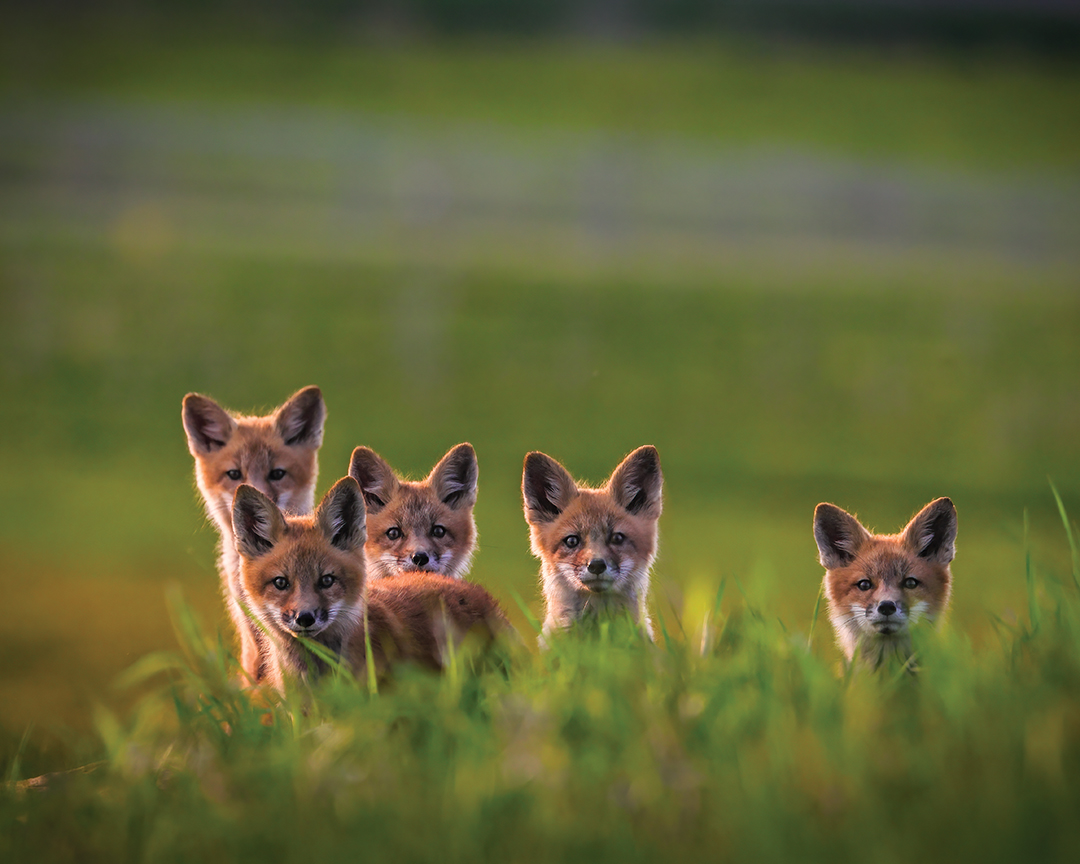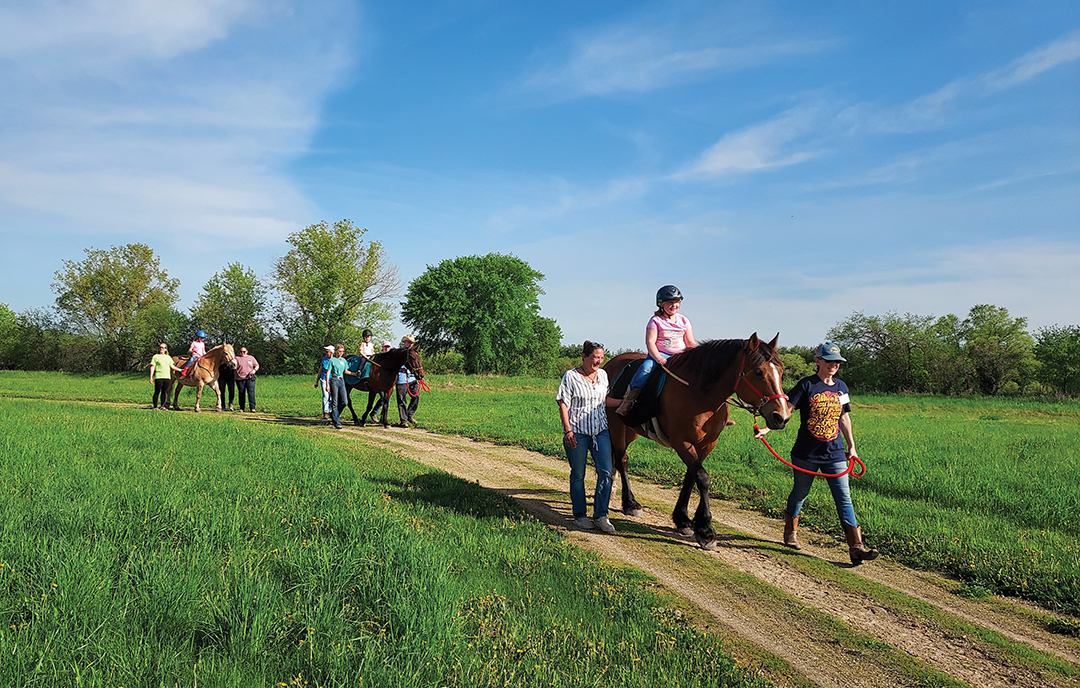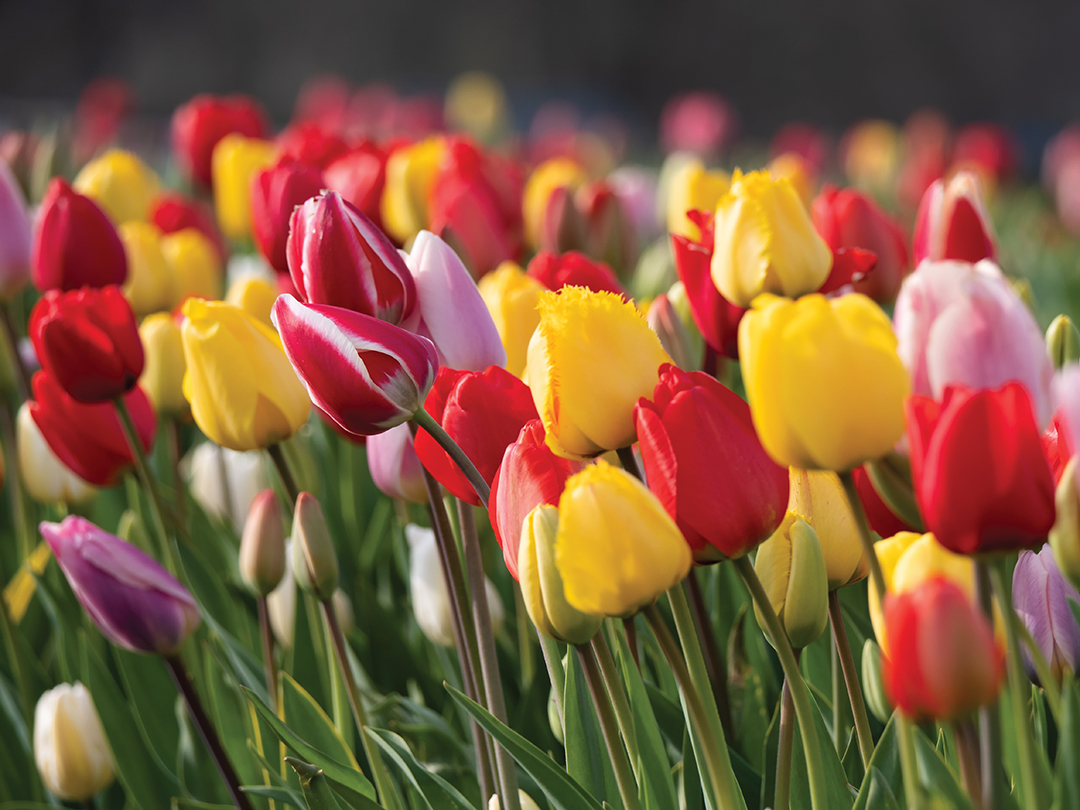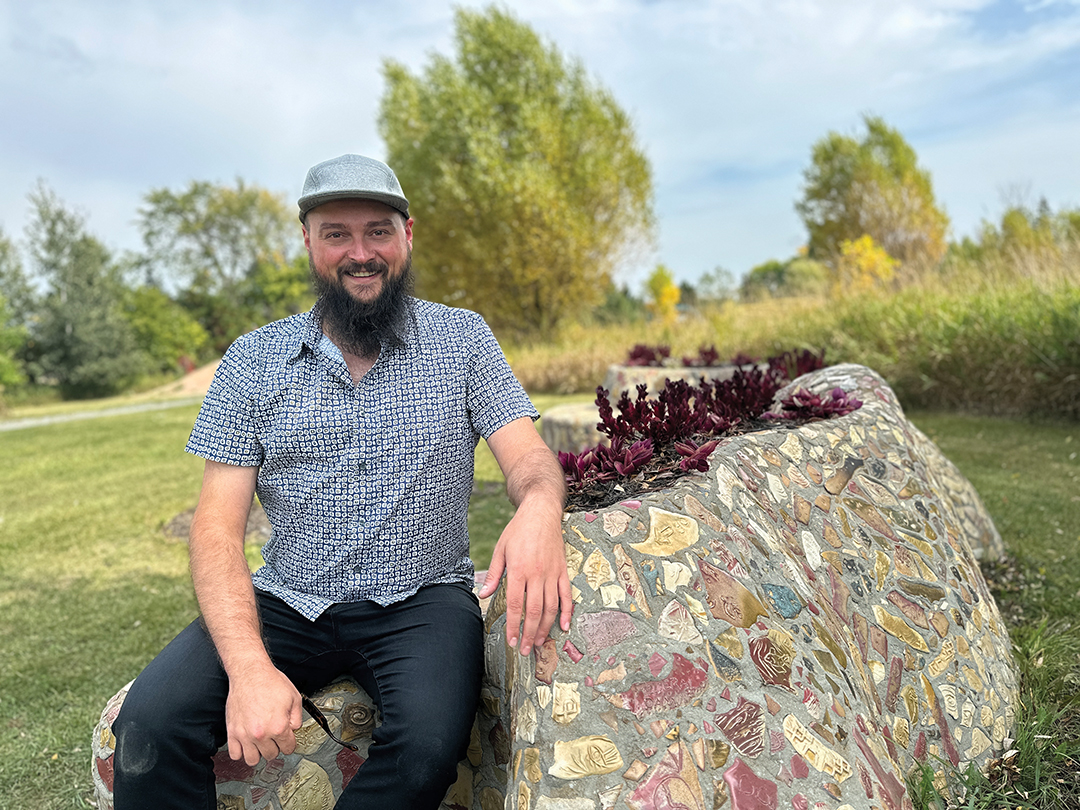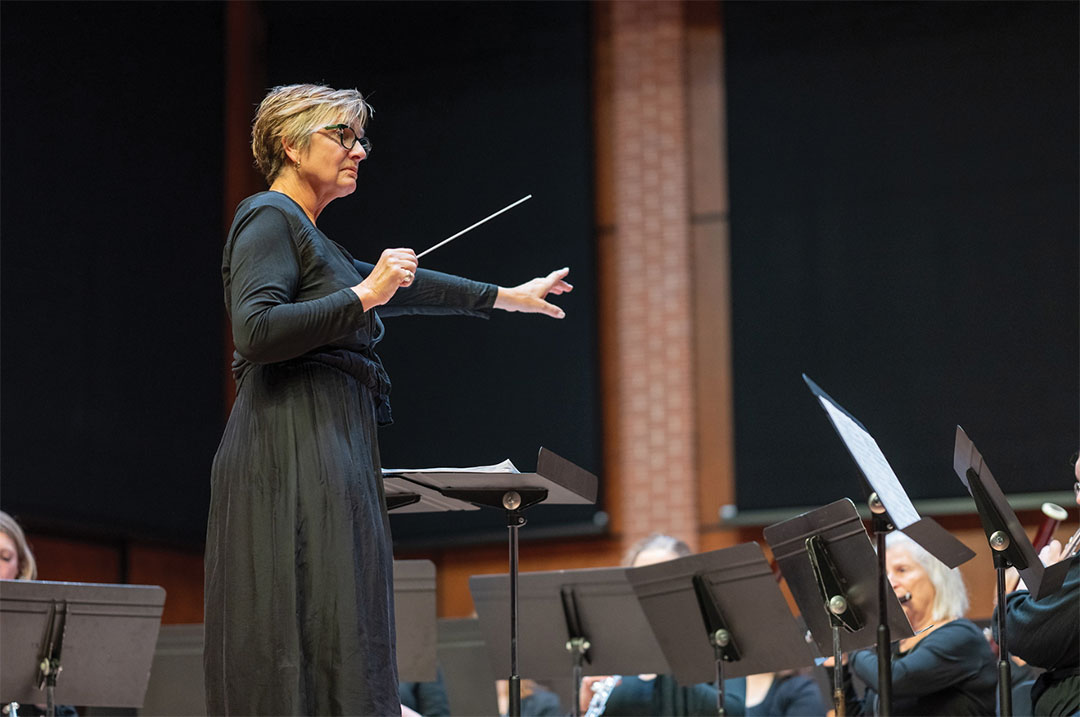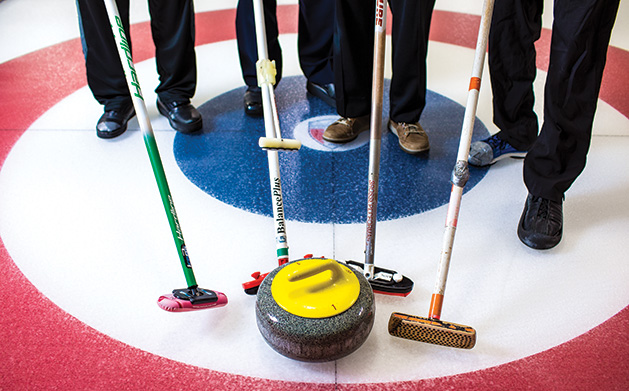
Photos: St. Croix Curling Center
If you’ve always wanted to try curling but didn’t know where to begin, St. Croix Valley is home to the St. Croix Curling Center.
As interest in curling grows, some local folks have facilitated additional access to the activity in the East metro/Western Wis. area. So, if you’ve always wanted to try curling but didn’t know where to begin, St. Croix Valley is home to the St. Croix Curling Center at St. Mary’s Point Hockey Arena in Lakeland.
The St. Croix Curling Center is the brainchild of longtime curlers Al Taylor, Dale Gibbs and Pete Westberg, who is quick to point out that curling is not just a sport—it’s a social activity most anyone at any age can play.
Curling originated in Scotland in the sixteenth century. Ice gliding stones that tend to curve or “curl” along their path, inspired the sport’s name.
Curling made its Olympic debut in 1924. But after the Lake Placid Olympics in 1932, it went on a 56-year Olympic hiatus. Curling didn’t return as an official medal sport until 1998. Expanded television coverage as well as a history-making gold medal win by an American team at the 2018 Winter Olympics has sparked fast-growing local interest.
And with declines in many social clubs and reports of increased loneliness in the population, Taylor believes the social aspect of curling is as vital as its physical and competitive components. He says, people watch curling on television and think, “I can do that, and indeed they can. It’s a lifetime activity. You can curl almost as long as you want.” Taylor is 83 and has been curling since his childhood in Saskatchewan.
Taylor says part of the curling tradition is for each four-person team to visit with their opponents and socialize over food and drink for at least an hour after a game. He curls three times a week and estimates he meets up to 60 different people. “We get to be friends,” he says. “It’s also very affordable. It’s not an elite sport and very little equipment is necessary. You can play a lot of games for around $300 per season.”
But few curling clubs exist east of the Mississippi River, leaving a huge geographic gap for potential players. So, Taylor, Gibbs and Westberg formed a team of charter St. Croix Curling Center members and made arrangements for play to happen on Sundays at St. Mary’s Point Ice Arena. “It’s the next best thing to perfect curling ice,” Westberg says. “We got permission from the hockey rink to have curling lines painted so we need not re-paint lines every week.” Supplies were procured from Dakota Curling Supply in Langdon, N.D. and a charter member campaign raised enough up-front money to cover the necessary expenses to get started. North Pole Engineering pitched in with a pilot smart phone scoring program that can be displayed on monitors around the arena.
Gibbs says, “We ended up getting more members than we could accommodate with only two draws on five sheets and were able to add a [third] draw … ending up with around 150 members for our first year.”
The group would love to raise enough money to build a dedicated curling space. In the meantime, being hosted by the hockey arena is a cost-effective way to build a membership base and provide more immediate access to curling in this area. And until a more ideal setup comes along, curlers are encouraged to frequent local establishments for those post-match meetups.
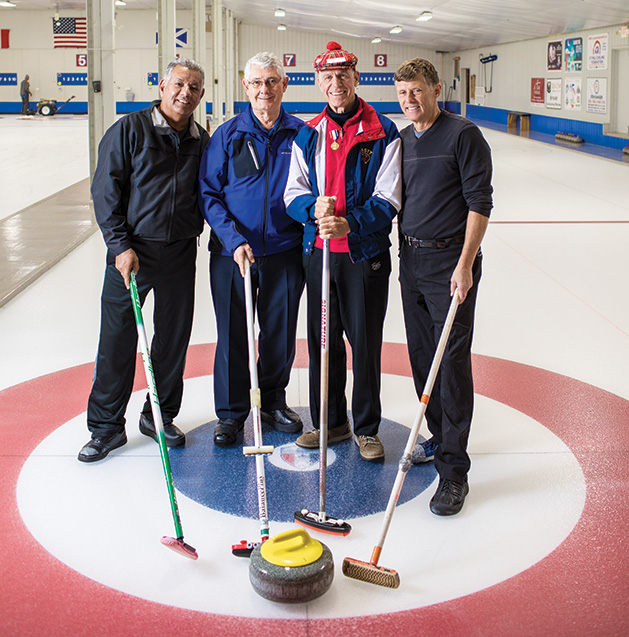
We talked to local curlers about their experiences and love of the game.
James Honsvall:
When did you begin curling and how/why did you get started?
I began curling at age 12 in my hometown of Grafton, N.D.. My parents were active curlers and it was very popular in my town. So it was just natural to start doing it. It was so common that it was part of the P.E. curriculum in our local school.
How does curling compare to other sports/activities you’ve participated in?
There are many ways that it differs from other sports. Some of the main areas would be that people of all ages can curl, from 9 to 90, with reasonably good health. Curling nurtures most all aspects of life, physically, mentally, socially and emotionally. Curling provides both aerobic and anaerobic fitness. Curling allows people of all ages and abilities to play together and all still have a great time.
How far have you traveled to curl and tell us a little about the trip?
I do not set any records for traveling a long way but one of my best sports experiences was representing North Dakota in the junior nationals in St. Paul when I was in high school in the 1970s. Otherwise, I have just traveled around North Dakota and Minnesota to different curling events.
What would you say to someone who is considering giving curling a try but is unsure they’ll be any good at it?
I would say, don’t hesitate for a minute starting to curl if you’re looking for a fun and invigorating sport for people of all ages. Unlike other sports, you definitely don’t have to be good at it to enjoy it. It’s actually quite easy to pick up.
Any other memory connected to curling that you’d like to share?
I think my best memories are as a child and young adult and being around my hometown curling club with my friends. The spirit of friendly competition and camaraderie just can’t be beat. Another favorite memory is playing with my father in high school. A special part about curling is that multi-generations of family members can play together and get to know each other better outside of the usual home and life stresses. More recently I’ve had the opportunity to curl with my three daughters, continuing that tradition.
Dale Gibbs:
When did you begin curling and how/why did you get started?
1957 in Edmore, N.D. My parents curled and were instrumental in starting the Edmore Curling Club. This was a small community along with many other small towns in North Dakota that had their own curling clubs. We played in many local bonspiels [tournaments]. We had a family team and my brother and I had a high school team. I just visited with one of the members of that team this August and we reminisced about his career. He [Dennis Melland] was on the Edmore team that won U.S. Nationals in Duluth in 1971 and went on to World competition in France. He just told me they came within one shot of being in the finals at World and then would have played against Canada. Who knows what could have happened. They did finish third making a great showing for a small town.
How does curling compare to other sports/activities you’ve participated in?
Curling has it all. Team work, competition, physical activity, socializing, lifetime sport, travel, meeting many new people, family sport, form lifetime friends etc.
I don’t know of any other sport you can join that lets you play against all levels of expertise from young to old throughout your whole career at a local level. I see junior curlers that go on to compete in National competitions and then on to World competitions. Then they continue in regular Nationals and on to World and then there is the senior competition that also has Nationals and World.
Once you are proficient at the game it becomes strategy like chess that brings success.
Curling consists of many tournaments that you just have to enter and then get to play against your equals or even the best in the world if they happen to be there. There are always high performance teams that you may play that you would never otherwise get a chance to do … Curling has cash bonspiels where you just enter and then they form pools and you play a round robin so you get to play everyone in the pool.
Normally you would never get to play them but you’re in their pool they have to play everyone and it can be a great experience whenever that happens. I have played against World champs, Olympians from our country as well as other countries and many high performance teams. I can’t say we beat any to them but just the idea that you get to play against them is priceless. How may sports can that happen in?
How far have you traveled to curl? Tell us a little about the trip.
I have been fortunate enough to team up with a Minn. team from Hibbing, Minn. and be an alternate for a senior team that went to three senior World competitions.
2006 Copenhagen, Denmark (Silver)
2009 Dunedin, New Zealand (Silver)
2010 Chelyabinsk, Russia (Gold)
What would you say to someone who is considering giving curling a try but is unsure they’ll be any good at it?
Again like chess you can play immediately after an introduction and then get better the rest of your life. You can enjoy the game from day one and always feel like you can keep improving. Most curlers at any age that I talk to say they just have one regret, “I wish I had started sooner.” Another comment you will hear is that it is addicting. I think that is a positive response for the sport.
Everyone develops their own style and can enjoy it from day one.
Any other memory connected to curling that you’d like to share?
Standing on the podium in Russia when they raised the U.S. flag and played our national anthem. I would emphasize playing with a family team is an aspect of curling that is hard to get with most other sports. There can be three generations playing on the same team and I have experienced that with our two sons and grandchildren. Watching John Shuster’s career develop over many years from high school to gold medalist in the Olympics from Chisholm, Minn. made the TV coverage that much more special. “Be a Better World if Everybody Curled”

